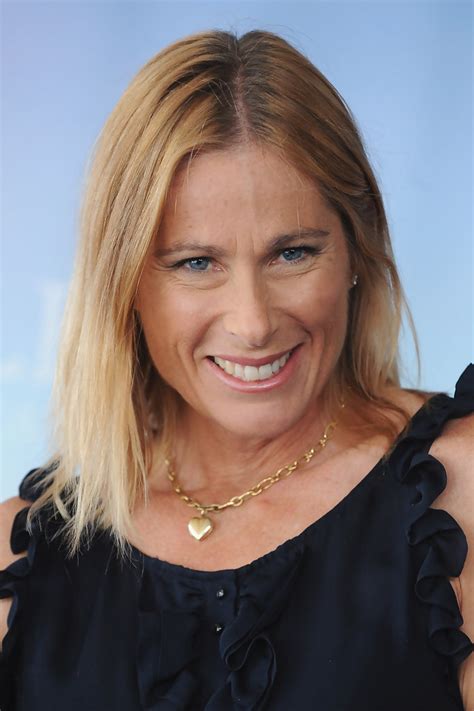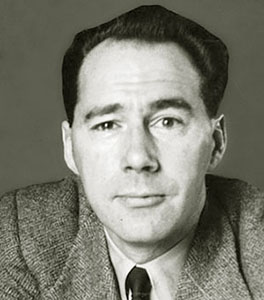A Quote by Raoul Peck
I don't think I ever watched a movie without being totally immersed in the story. But at the same time, I had to keep some distance from it. I had to question what the narrative was trying to tell me or was injecting in my brain.
Related Quotes
I'm really trying to just keep this internal, and be faithful to the story and the characters, and keep 99.9% of my brain there, serving the story. It's a great network. It's the golden network of cable, so it's totally an honor to be there and tell this story, but I try not to think about anything beyond that.
I got my story, my dream, from America. The hero I had is Forrest Gump... I like that guy. I've been watching that movie about 10 times. Every time I get frustrated, I watch the movie. I watched the movie before I came here again to New York. I watched the movie again telling me that no matter whatever changed, you are you.
At some point, you have to disconnect, if the obsession with playing a real person gets in the way of the movie at large. At the same time, we're all interested, as actors in trying to get as close to the real thing as we can, and whatever you can do in order to create that transformation feels fun and, for me, the furthest I can get away from myself is fun. It's all part of the costume, the accent, and all that stuff. It's about trying to get close without it being a detriment to the point of view of the story that you're trying to tell.
I honestly would tell anyone young to start looking at stories and learning story, because I think that’s the next step after people go, ‘OK, I’ve had enough of that improvisation, I’ve had enough of those short comedy bits. Tell me a story, tell me a more complex story, something that lasts and maybe has a little more meaning to it.’ Don’t ever look at what’s happening now; look at what’s coming next.
Some people have a knack, for example, of being able to tell when someone's lying to them. They may not know what the truth is, but they can tell when someone is trying to lead them astray or sell them something shady. I think he had that ability to an amazing degree. I also think he thought, without saying it explicitly, that you can convince a crowd of something that's not true more easily than you can one person at a time.
I came in on this movie after there had been a director and I came in after Tom Courtenay had talked to Ron Harwood about making a movie. So, you know Tom and Albert Finney had been friends since the beginning of their career as they became stars around the same time - Tom always reminds me that Albert was first with Saturday Night and Sunday Morning and then Tom with The Long Distance Runner.
Abstraction didn't have to be limited to a kind of rectilinear geometry or even a simple curve geometry. It could have a geometry that had a narrative impact. In other words, you could tell a story with the shapes. It wouldn't be a literal story, but the shapes and the interaction of the shapes and colors would give you a narrative sense. You could have a sense of an abstract piece flowing along and being part of an action or activity. That sort of turned me on.
I wanted to make a film that wasn't just a biography. When you watched it, you actually felt that you watched a movie, that you had an emotional reaction. In order to do that, I felt that I had to really keep myself emotionally raw while working on the film. I had to feel myself crying, so the audience could be moved, too.
The look he gave me...My stomach quivered in that exact same way when I watched Before Sunset, yearning for a guy to know me so deeply and truly, we were only really complete when we were together. That I could talk, go on wild tangents, make obtuse references, and he would divine my meaning before I knew what I was trying to say myself. Erik had fallen asleep next to me on the couch, complaining later that the movie was "just people talking." He had no idea that this movie could have been a love letter written for me.
I don't think it had ever occurred to me that man's supremacy is not primarily due to his brain, as most of the books would have one think. It is due to the brain's capacity to make use of the information conveyed to it by a narrow band of visible light rays. His civilization, all that he had achieved or might achieve, hung upon his ability to perceive that range of vibrations from red to violet. Without that, he was lost.
To be honest, I've always had far too much freedom. I had a job when I was 10. I started living on my own when I was 17 or 18. I've earned my own money; I've traveled the world. What would I rebel against? I've had so much freedom, sometimes it was hard. My parents wanted to protect me, but they had no idea how to. I had to learn as I went and make my own mistakes. I went from being totally unknown and never acting professionally to being in a major movie and being very famous. It all happened so quickly, I didn't have any time to work things out. It's been pretty scary at times.






































